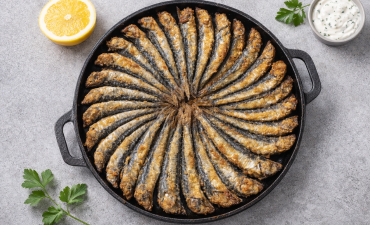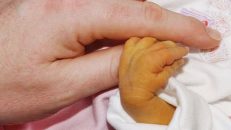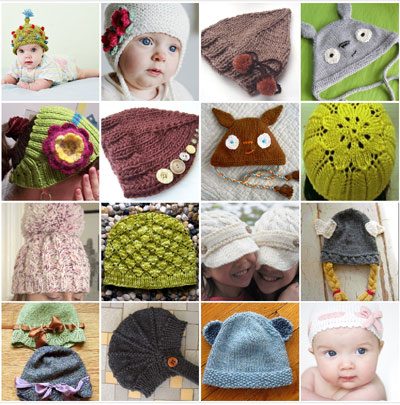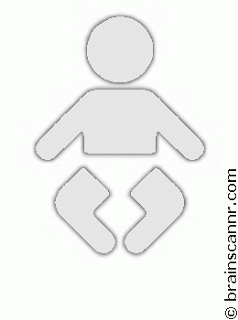How Do We Protect Children From Winter Diseases?

There are some simple ways to ensure that your baby is protected from winter sickness and microplasms and maintain your health throughout the winter.
Wash Your Hands and Your Own Hands
Handwashing is the simplest and most effective way to protect against microorganisms. Therefore, washing the hands with soap after the baby’s bean has been replaced, after the nose has been wiped off and before the food has been prepared, will reduce the risk of sickness.
It is also important that the baby’s hands are washed, and that other children wash their hands, especially from the school or from outside. There is no need for antibacterial soap to clean the microbes on hand and use of normal soap is sufficient.
Checking Nursery Applications
If you have a child who is going to a nursery, careful attention should be paid to the health practices of the nursery. Children who have health problems such as cramps, diarrhea, vomiting or eye infection should be kept at home as much as they are being treated so that the disease does not spread to other children. Otherwise, the disease can be passed on to your nursing child and ultimately to your baby. If you go to the nursery for this reason, you should be informed about the management and take the necessary precautions if the children in this situation are seen.
Vaccination of baby
One of the simple ways in which the baby is protected from some of the viruses and bacteria that cause the disease is to check the vaccination schedule and make the necessary vaccinations. It is also possible to make influenza vaccination after 6th day provided that you consult the doctor.
Strengthening baby’s immune system
One way of protecting the baby from diseases is to strengthen the immune system. The most effective measure for this is breastfeeding. There are antibodies in the mother’s column that support the baby’s immune system and help fight illnesses. For this reason, babies fed with breast milk are less frequently infected with respiratory tract disorders and digestive system disorders than infants not fed with breast milk. Breastmilk ensures that if the baby is caught in these illnesses, the disease will be eliminated more lightly. During the supplementary food period, which starts after the 6th month of the baby’s age, it should be ensured that healthy foods are selected, food diversity should be ensured and foods that strengthen the immune system should be preferred. Care should be taken not to reduce the amount of breast milk given to the baby during this period, and breastfeeding should be continued until the baby is 2 years old, if possible.
1978 doğumlu, 3 çocuk annesi çalışan arada bulduğu kaçamak vakitlerde annekaz.com u yazan, yazarken büyük keyif alan bir deli hatunum. Bana [email protected] dan ulaşabilirsiniz…






























